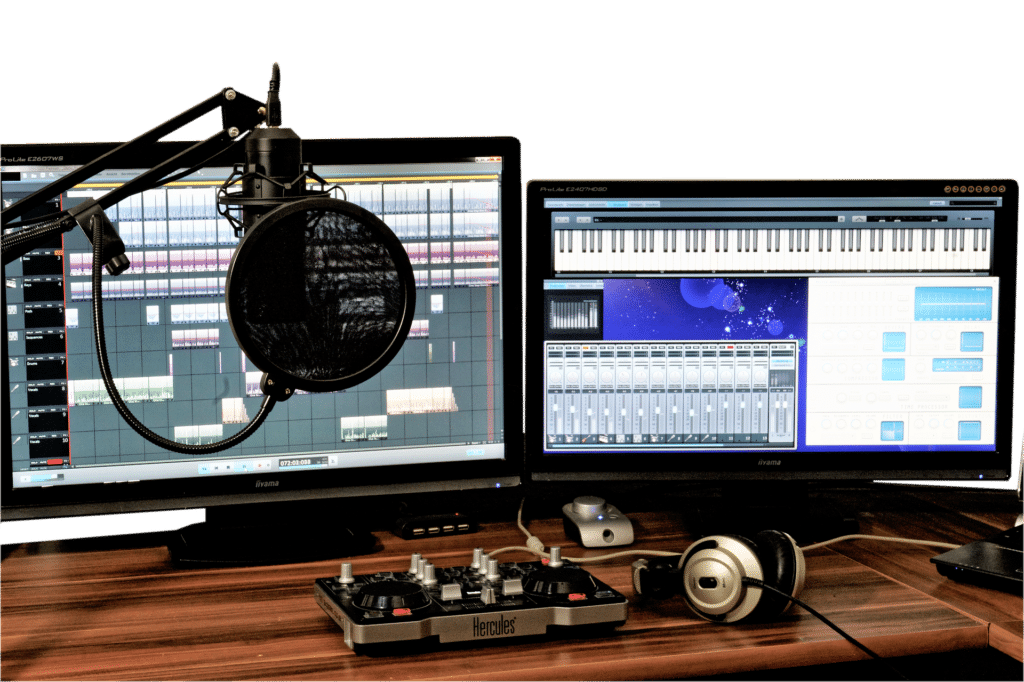Have you ever wondered how to track US commercials which are using your music? And how to make sure you receive royalties for them? There are steps you can take to maximize your chances of receiving royalties from US commercials. Once you know how, it’s not as complicated as it might seem. Read on below for how we do this with TuneSat and Numerator.
You will need to use two services for this:
- TuneSat, or a similar tracking technology – Check out their service here
This is one of various digital fingerprinting services where you can upload your music for the technology to track its usage. While not perfect, it is very useful and can show you where your music is airing. In fact, you can see airings not just in the US, but also in many other countries as well, e.g. Europe. Competitors include BMAT and Trqk. - Vivvix (also known as Numerator or, previously, Competitrack) – https://www.numerator.com
These are market research or advertising intelligence companies. For reasons beyond the author of this article, PROs in the US (i.e. ASCAP, BMI and SESAC) use their data to record and pay out royalties for music in US commercials. Specifically, the PRO will need what is called an ‘ad code’ from Vivvix / Numerator. Each commercial in the US has an ad code. This includes different versions of similar ads from the same company, running at the same time. US PROs use the ad codes to track airings and to pay out royalties.


